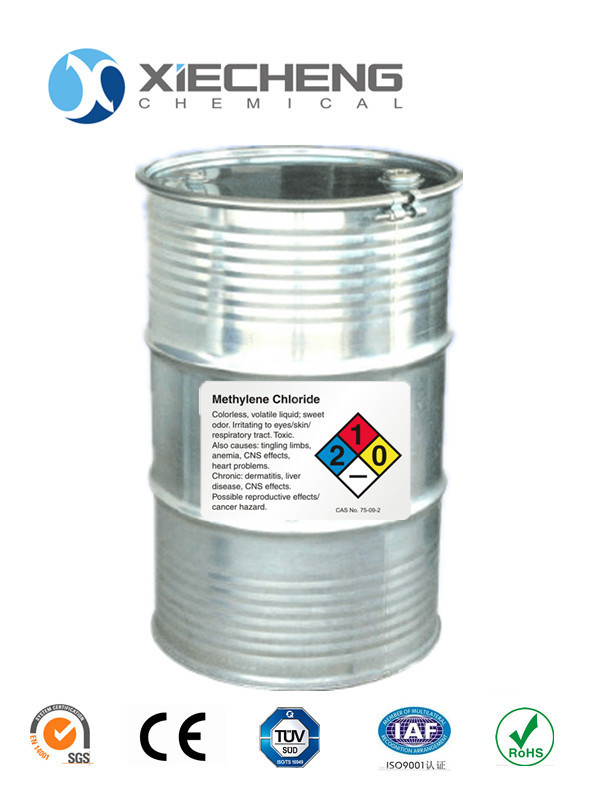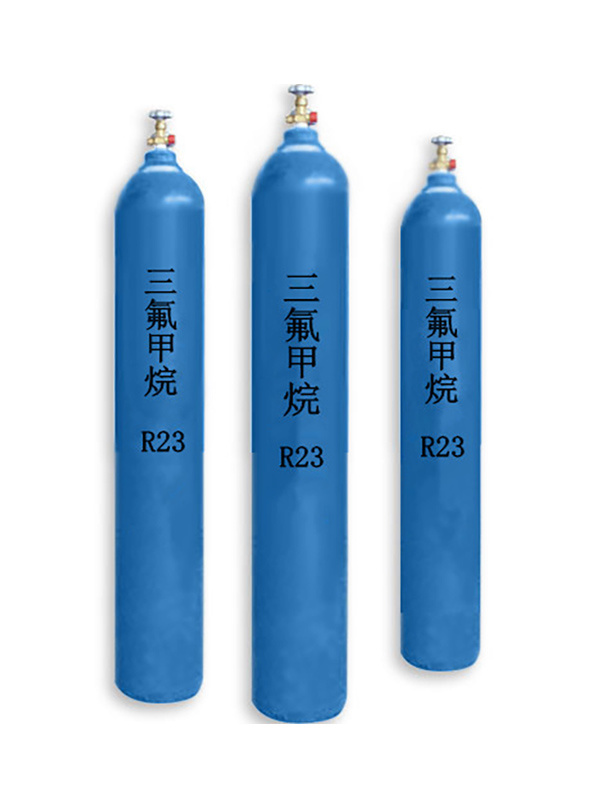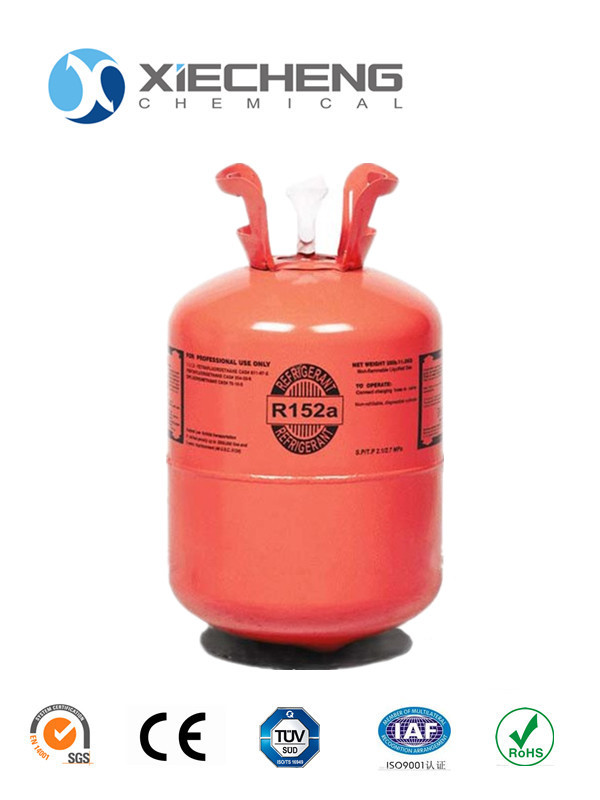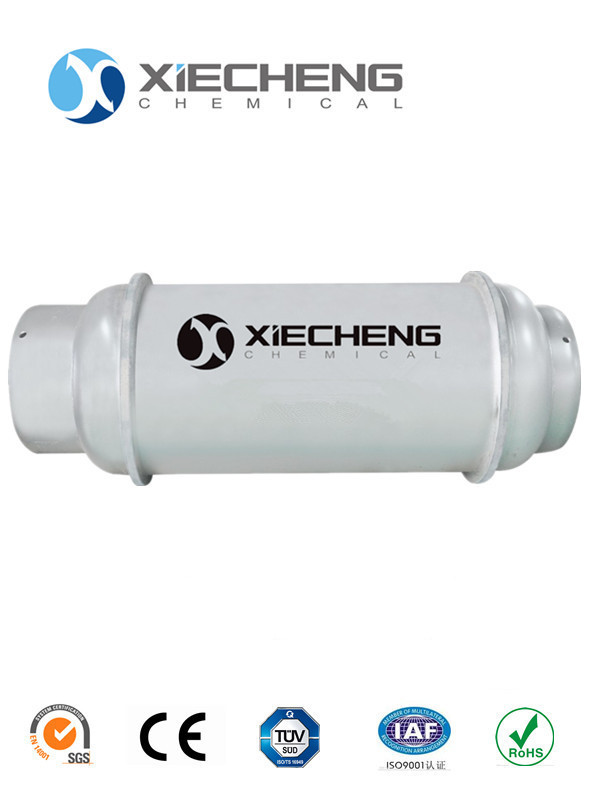
Chemical Formula: C 4 F 8
Molecular Weight :200.03
CAS Registry Number: 115-25-3
EINECS Number : 204-075-2
Physical and Chemical Properties
Density: 6.9kg/m 3
Melting Point: -41.4ºC
Boiling Point: -6ºC
Refractive Index: 1.217
Critical Pressure: 2.784MPa
Vapor Pressure: 2220mmHg at 25°C
Appearance: Colorless gas
Molecular Structure Data
Molar Refractivity: 19.50
Molar Volume (cm 3 /mol): 120.0
Isobaric Specific Volume (90.2K): 218.8
Surface Tension (dyne/cm): 11.0
Polarizability (10 -24 cm 3 ): 7.73
Computational Chemistry Data
Hydrophobicity Parameter (XlogP): None
Number of Hydrogen Bond Donors: 0
Number of Hydrogen Bond Acceptors: 8
Number of Rotatable Bonds: 0
Number of Tautomers: 0
Topological Polar Surface Area: 0
Number of Heavy Atoms: 12
Surface Charge: 0
Complexity: 151
Number of Isotope Atoms: 0
Number of Defined Stereocenters: 0
Number of Undefined Stereocenters: 0
Number of Defined Stereobonds: 0
Number of Undefined Stereobonds: 0
Number of Covalent Units: 1
Uses
Used as a food aerosol propellant and carrier gas.
Toxicological Data
1. Acute Toxicity: Mouse inhalation LC 50 : 78pph/2H; Rats inhaled 80% of this product for 4 hours without any abnormalities (20% is O 2 ).
2. Other Multi-dose Toxicity: Mouse inhalation TC Lo : 861g/m 3/4H/17W-I
3. Mutagenicity: Drosophila inhalation chromosome deletion and nondisjunction: 99pph/10M
4. Hazardous Properties: If exposed to high heat, the internal pressure of the container increases, with the risk of cracking and explosion.
5. Combustion (decomposition) products: Hydrogen fluoride [1]
Emergency Response
Leak Emergency Response
Wear a self-contained respirator and work clothes. Cut off the gas source. Ventilation convection, dilution and diffusion. Move the leaking container to an open area, pay attention to ventilation. Leaky containers cannot be reused and must be treated technically to remove any remaining gas.
Protective Measures
Respiratory Protection: When the concentration in the air is high, a gas mask should be worn. In case of emergencies or evacuation, it is recommended to wear a self-contained respirator.
Eye Protection: No special protection is generally required.
Body Protection: Wear work clothes.
Hand Protection: No special protection is generally required.
Other: Avoid high concentration inhalation.
First Aid Measures
Inhalation: Remove from the scene to fresh air. Lie down and rest. Keep warm. Seek medical attention.
Fire Fighting Methods: Cut off the gas source. Spray water to cool the container, and if possible, move the container from the fire scene to an open area. Water spray.
Keywords

Octafluorocyclobutane
Contact Information
Product Categories
Inquire Now
If you are interested in our products, please leave your email address, and we will contact you as soon as possible, thank you!









